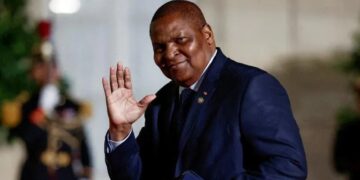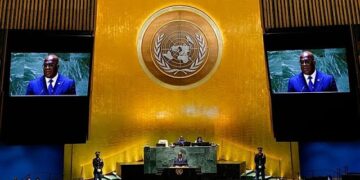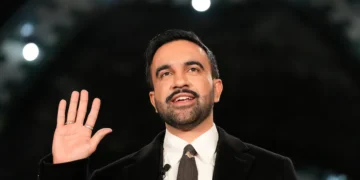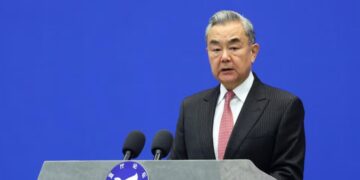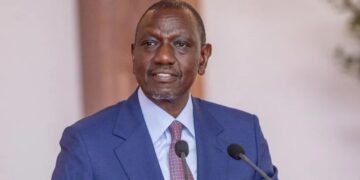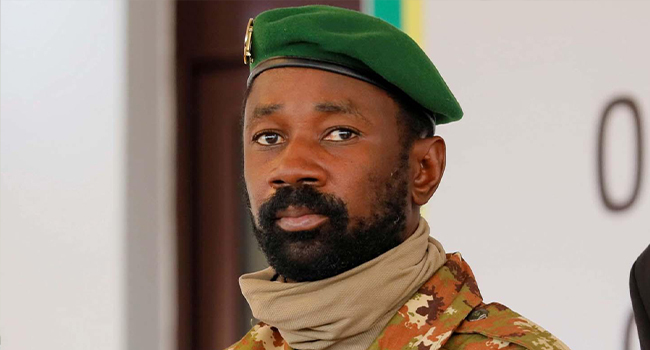By Emmanuel Nduka Obisue
August 18 marks five years since Mali’s elected government was toppled in a military coup, ushering in a transitional process that has yet to deliver on its promises.
Initially, coup leaders pledged to hand power back to civilians within 18 months, but five years later, elections remain indefinitely postponed.
After the first transition leader Bah N’Daw was removed in 2021, Colonel Assimi Goita consolidated power as head of state. Goita vowed to end jihadist insurgency and reduce foreign military presence. While French troops have departed, they have largely been replaced by Russian paramilitary fighters. The army recently declared victory in the strategic northeastern city of Kidal, but rights groups have accused Malian forces and their allies of committing abuses against civilians.
Many rural areas remain under insurgent control, with civilians still facing kidnappings and violence.
Goita has also steered Mali away from the Economic Community of West African States (ECOWAS), after a breakdown in relations, and helped establish the Alliance of Sahel States with Niger and Burkina Faso—two neighboring juntas.
The bloc has openly discussed forming a federation while seeking to diminish French influence and strengthen ties with Russia, Turkey, China, North Korea, and Iran.
Despite government claims of progress, political uncertainty and insecurity persist, leaving Malians facing an indefinite military-led transition with no clear roadmap for a return to democracy.









